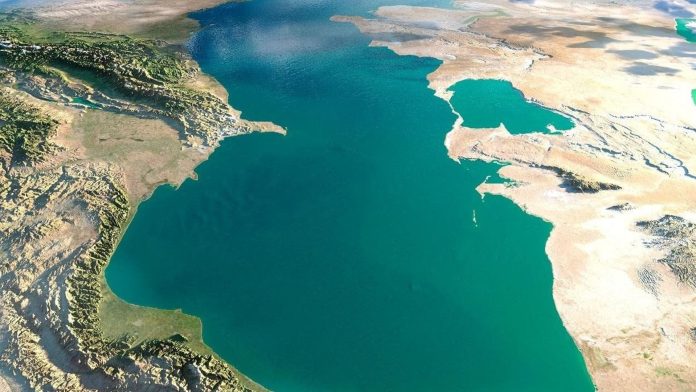У світі спостерігається швидке падіння рівня кисню в озерах, що загрожує водним екосистемам. Дослідження вчених Китайської академії наук (CAS), опубліковане в Science Alert, показує, що ситуація в озерах погіршується набагато швидше, ніж у річках і морях.
Озера стрімко втрачають кисень: в період з 1980 по 2017 рік рівень кисню в поверхневих водах знизився на 5,5%, а у глибоких шарах – на 18,6%. 80% досліджених озер вже демонструють критичне виснаження кисню. Глобальне потепління – основна причина: підвищення температури знижує розчинність кисню у воді. Хвилі тепла стали причиною 7,7% втрат кисню. Цвітіння водоростей через потепління та забруднення відповідальне ще за 10% втрат. Вплив кліматичних змін – 55% втрат кисню в озерах. Якщо тенденція збережеться, до 2100 року рівень кисню в озерах впаде ще на 9% у найгіршому сценарії.
Чому це небебезпечно? “Мертві зони” – безкисневі ділянки, де гібне риба та інші водні організми. Виснаження кисню спричиняє масову загибель живих істот у водоймах по всьому світу. Прискорене випаровування через потепління посилює посухи, затоплення і загрожує продовольчій безпеці.
Що робити? Скорочення викидів парникових газів для уповільнення потепління. Зменшення забруднення озер стоком добрив і промислових відходів. Відновлення природних екосистем та контроль за цвітінням водоростей.


